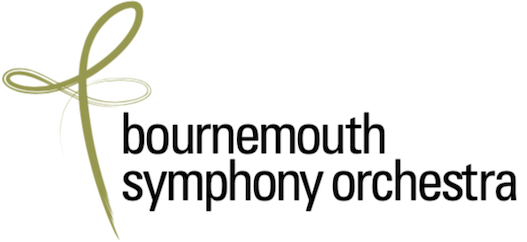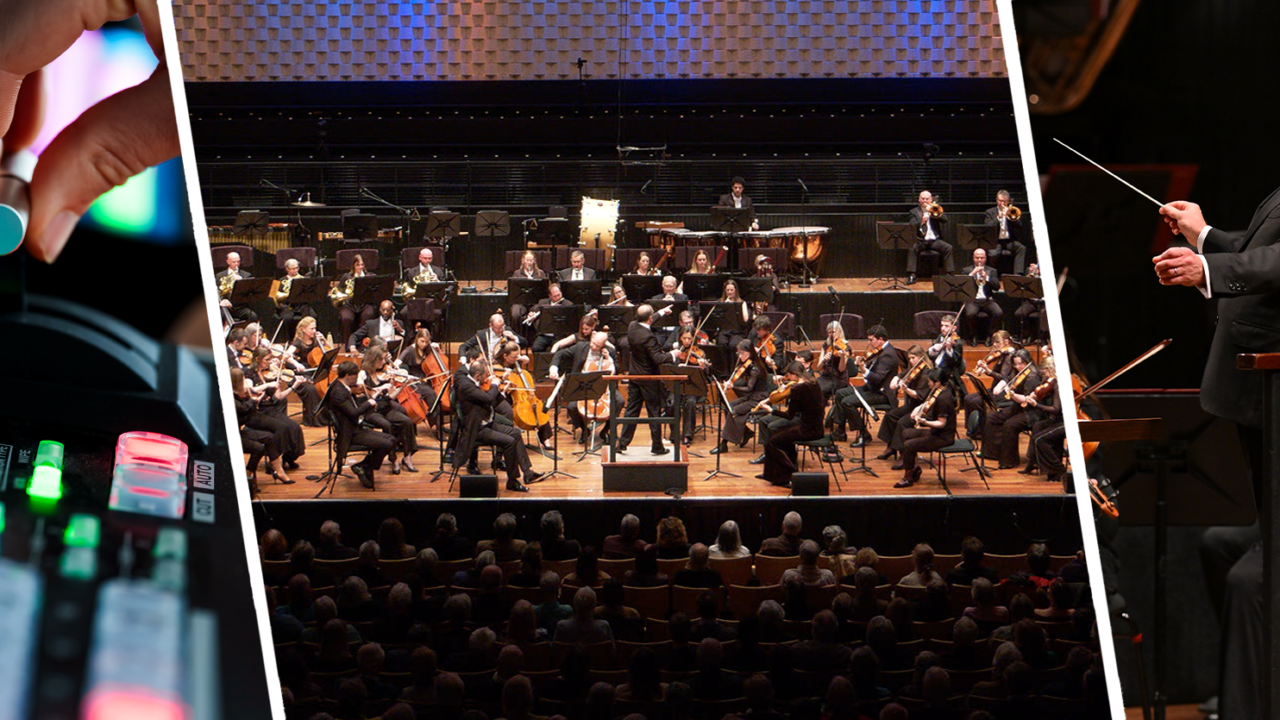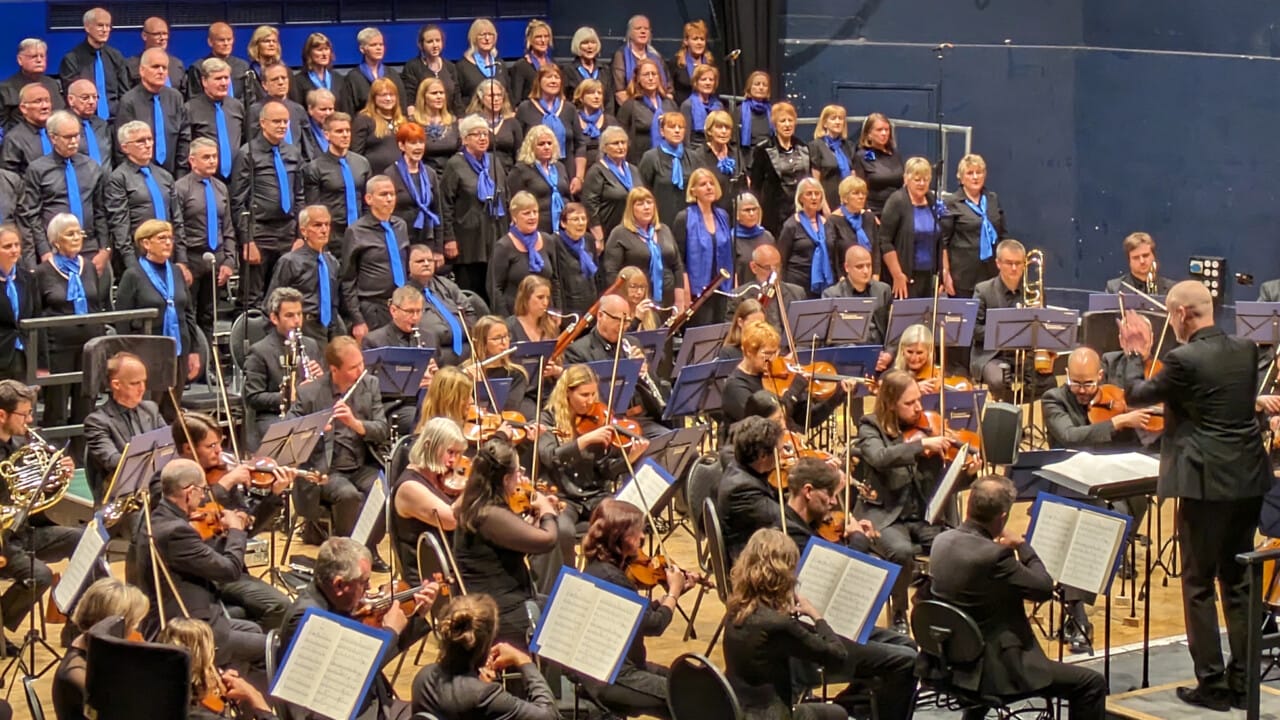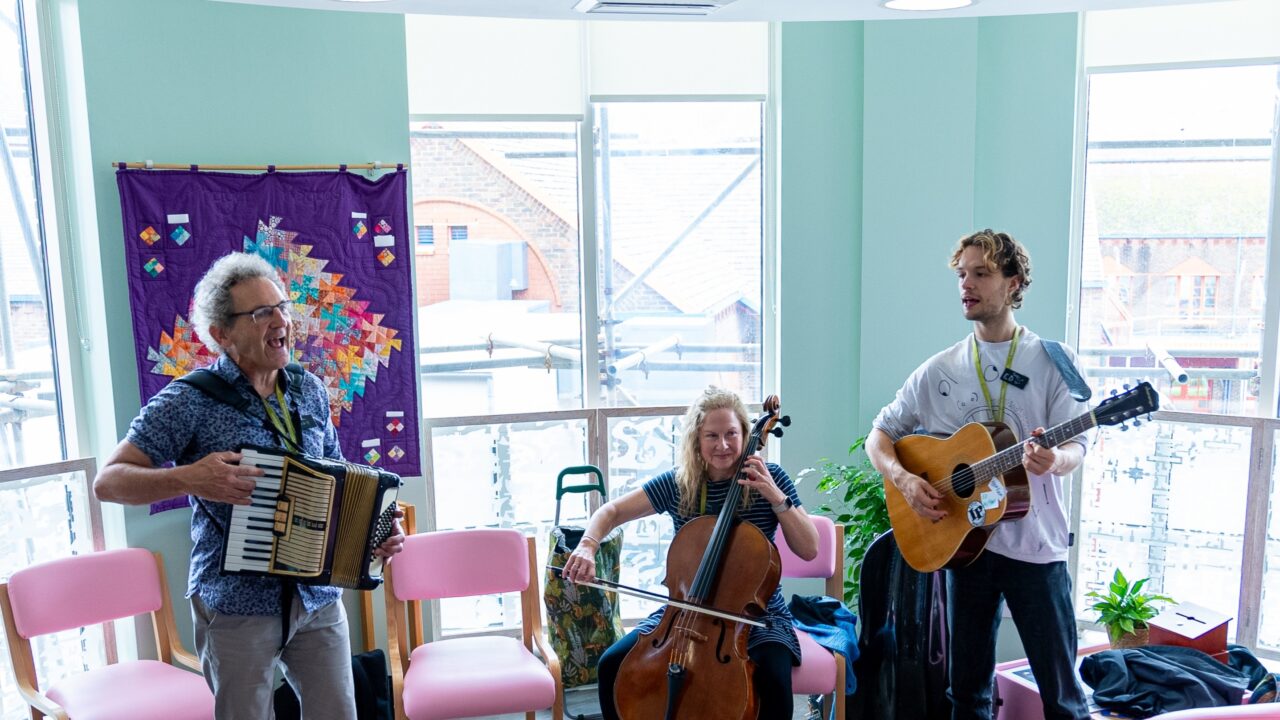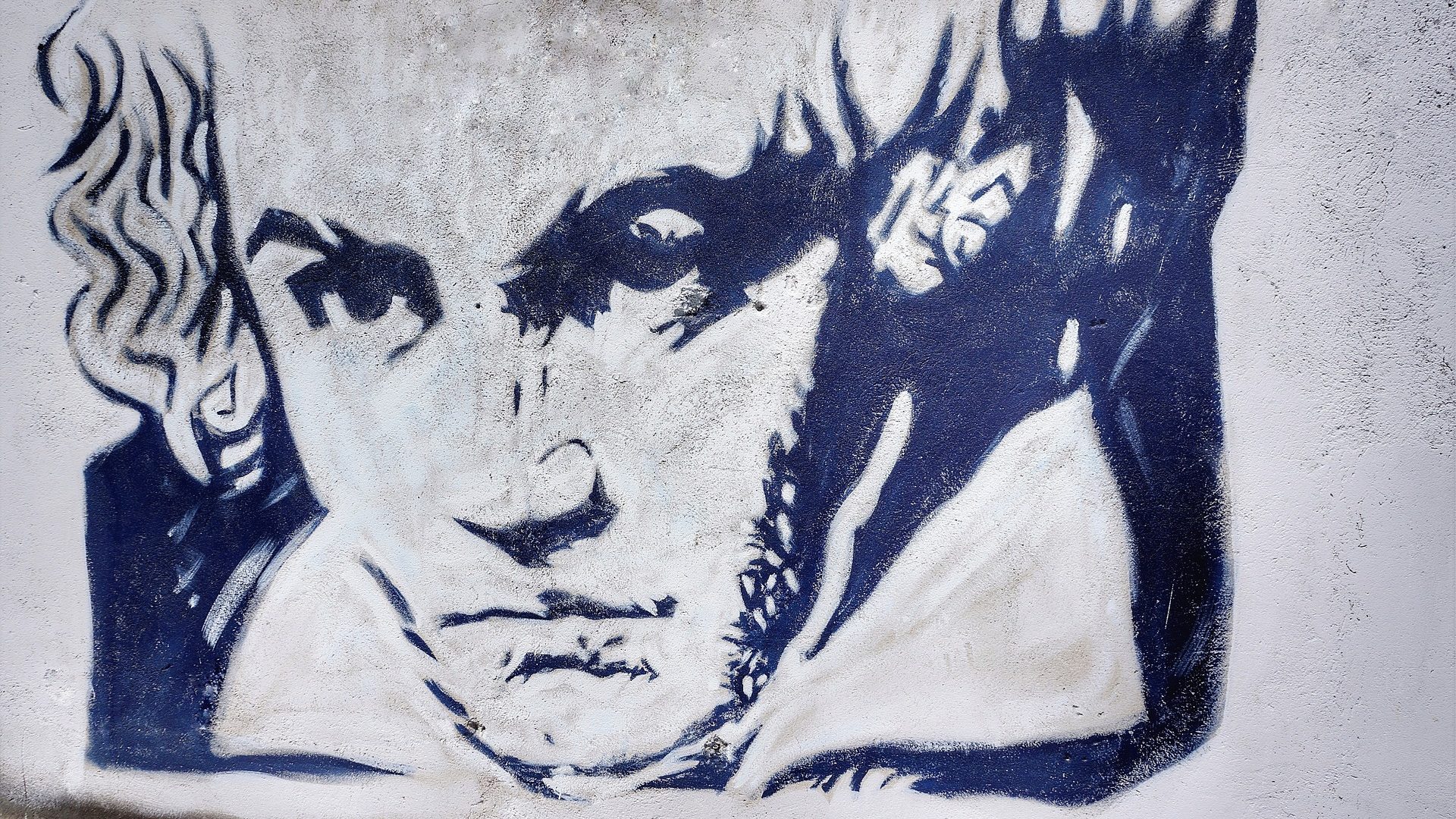What were the conversation books?
Blank books that Beethoven carried with him in his later years for friends and acquaintances to write down their side of the conversation (owing to his hearing loss); Beethoven then answered aloud. The composer also used the books to jot down notes and shopping lists, and even some early sketches for his compositions.
What can we learn about Beethoven from them?
We can learn about the things he was interested in —this varied greatly, from topics such as music, art, history, politics, and religion— to the most trivial of daily concerns (from the discussion of mousetraps to his nephew’s troubles with torn shirts!)
Fascinatingly, we can also learn that he may still have had some hearing very late on in his life. This is a ground-breaking discovery after for so long it was thought that he was completely deaf during this time.
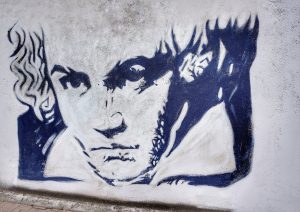
Street Art, Verona (c) Richard Mcall, Pixabay
‘The conversation books are going to be a game-changer’, states Theodore Albrecht, professor of musicology at Kent State University, Ohio in an interview with the The Observer. He goes on to say that he has found 23 direct references to hearing amongst the surviving conversation books.
In one book, dated 1823, we can find some scribbled advice from Beethoven to a stranger in a coffee shop who is also experiencing hearing difficulties; “Baths [and] country air could improve many things. Just do not use mechanical devices [ear trumpets] too early; by abstaining from using them, I have fairly preserved my left ear in this way.”
Why now?
The conversation books have just been translated from German to English for the first time (by Albrecht), the third volume having been released in May 2020.
This year being the special celebratory year of 250 years since Beethoven’s birth, the world continues its quest to understand the man, the genius.
We celebrate Beethoven in our Beethoven 250 concert (which will also be livestreamed) on 11 November 2020. The concert will feature the UK premier of Magnus Lindberg’s work Absence which he composed using inspiration from the conversation books, as well as Beethoven’s only ballet The Creatures of Prometheus.
